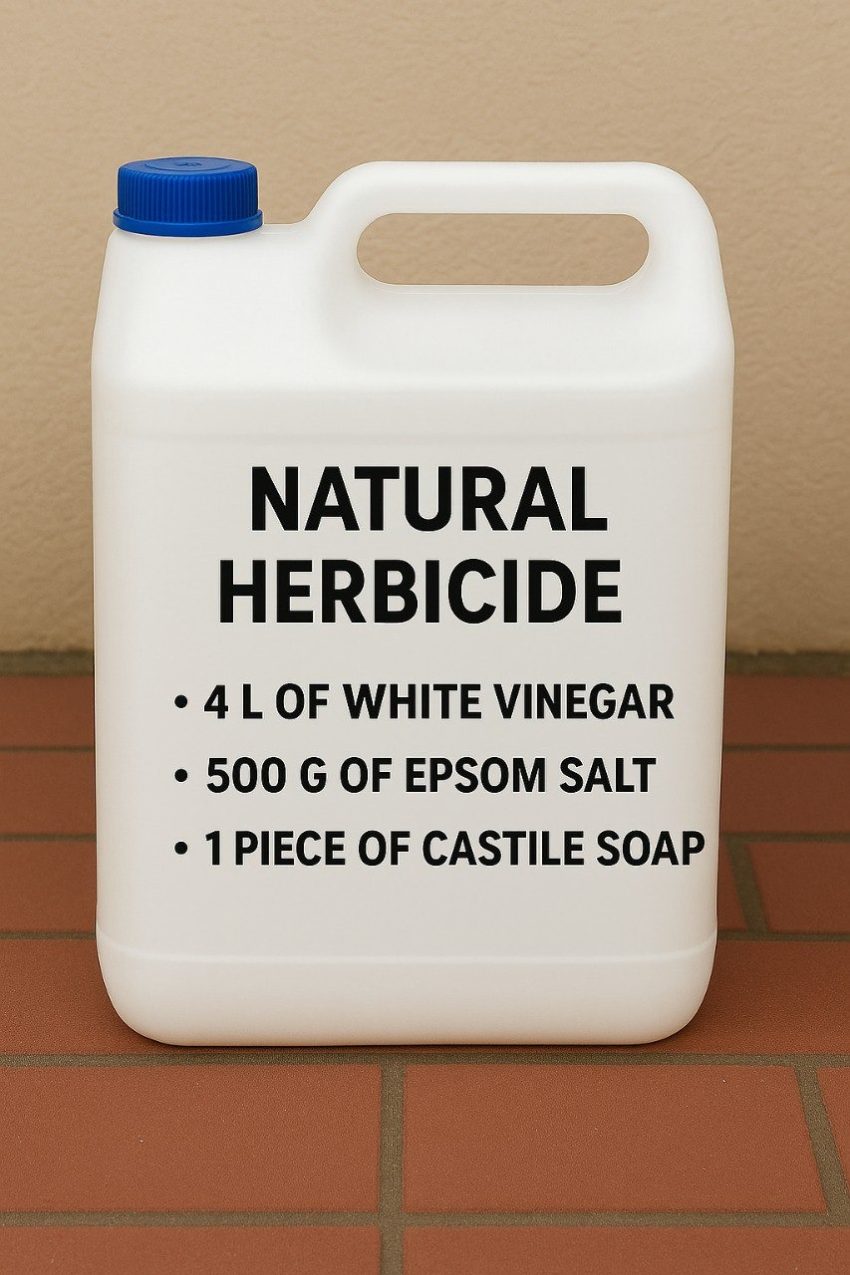ADVERTISEMENT
Understanding DIY Natural Herbicide
DIY natural herbicides are plant-based solutions that can effectively control weed growth while minimizing harm to the environment. These herbicides are typically made from common household ingredients such as vinegar, salt, and essential oils. The acidity in vinegar, for example, can kill weeds by breaking down their cell walls, while salt dehydrates them. Essential oils like clove or citrus can also disrupt weed growth, providing a potent combination against unwanted plants.
Benefits of Using Natural Herbicides
One of the main advantages of using natural herbicides is their eco-friendliness. Unlike chemical herbicides, which can leach into the soil and waterways, causing long-term environmental damage, natural herbicides break down quickly and do not leave harmful residues. This makes them a safer choice for gardens that host a variety of plants, insects, and wildlife.
Moreover, DIY natural herbicides are cost-effective. Most of the ingredients required are readily available in your kitchen or can be purchased inexpensively. This not only saves money but also reduces the need for purchasing commercial products packaged in plastic, further minimizing your environmental footprint.
Another benefit is the safety they offer for humans and pets. Chemical herbicides can pose health risks if accidentally ingested or inhaled, whereas natural solutions are less toxic and much safer to use around your home and garden.
How to Make Your Own Natural Herbicide
Creating your own natural herbicide is a straightforward process. One popular recipe includes mixing one gallon of white vinegar with one cup of salt and a tablespoon of dish soap. The soap acts as a surfactant, helping the solution adhere to the leaves of the weeds. Simply combine these ingredients in a spray bottle, shake well, and apply directly to the weeds on a sunny day. The heat from the sun will enhance the effectiveness of the vinegar and salt, leading to faster results.
Another effective homemade herbicide involves using essential oils. Combine 20 drops of clove essential oil with a quart of water and a few drops of dish soap. This mixture can be sprayed on the weeds, where the clove oil will penetrate and disrupt the growth of the plants.
Tips for Effective Application
For the best results, apply your natural herbicide during the hottest part of the day when the sun is shining brightly. This will maximize the solution’s effectiveness as the heat helps to absorb the liquid into the plant’s surface. It’s also vital to target the herbicide directly on the leaves of the weeds and avoid contact with desirable plants.
Consistency is key when using natural herbicides. Persistent application over several days may be necessary, especially for more resilient weeds. Regular monitoring and reapplication can ensure that weeds are kept at bay.
Additionally, consider using these natural solutions in combination with other sustainable gardening practices, such as mulching and manual weeding, to maintain a healthy and thriving garden environment.
ADVERTISEMENT


